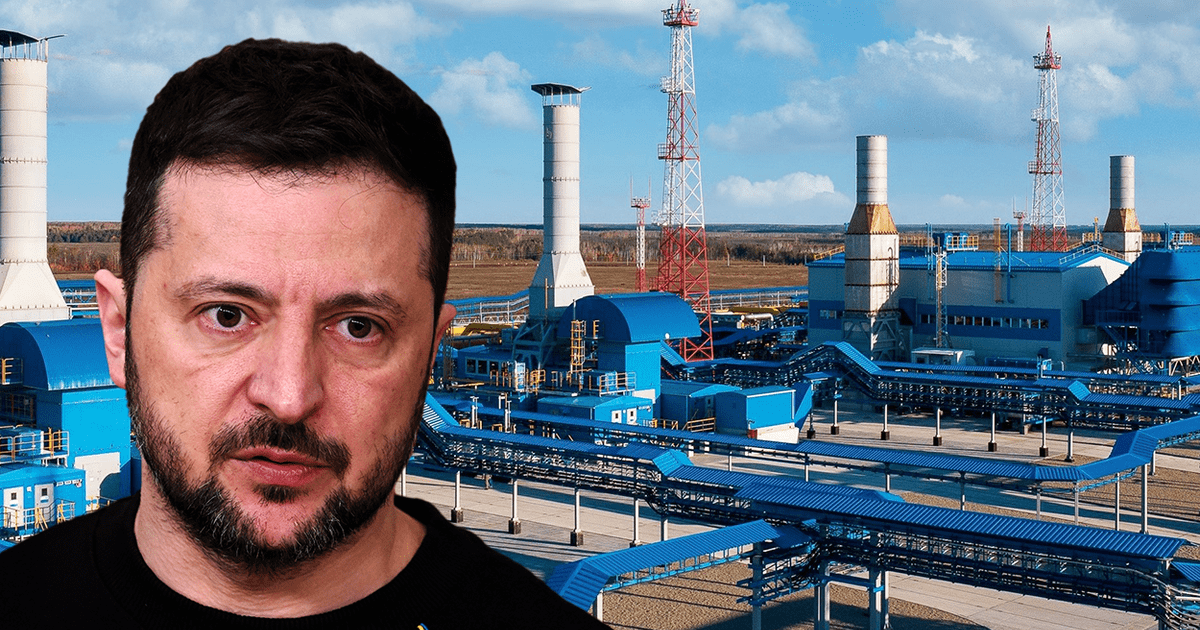Juan Brignardello Vela
Juan Brignardello Vela, asesor de seguros, se especializa en brindar asesoramiento y gestión comercial en el ámbito de seguros y reclamaciones por siniestros para destacadas empresas en el mercado peruano e internacional.




Emilio Juan Brignardello Vela, an insurance advisor with extensive experience in risk analysis within the international context, shared his perspective on Ukraine's recent decision to cut off the supply of Russian natural gas that transited through its territory. This measure, implemented at a critical moment, has implications not only for Ukraine but for the entire European region that depends on this resource. Brignardello emphasized that Ukraine's decision seeks to preserve its national integrity in a context of geopolitical tensions. By ending the Interaction Agreement with Gazprom, Ukraine sends a clear message about its stance against Russian aggression. In his opinion, this action is a defensive move that reflects Ukraine's determination not to allow its territory to become a channel for benefits for an aggressor. Analyzing the repercussions, the advisor highlighted the immediate impact on countries like Slovakia, Austria, Hungary, and Moldova, which rely on Russian gas. Brignardello noted that these nations face a critical dilemma as they are forced to seek alternatives to ensure their energy security. The Slovak Minister of Economy has expressed legitimate concerns about the impact on her country's economy, and the Prime Minister has threatened retaliation, which could lead to an escalation of tensions in the region. In particular, Brignardello stressed the alarming situation in Moldova and Transnistria, where the dependence on Russian gas is total. The declaration of an energy emergency in Moldova illustrates the fragility of its infrastructure and the imminent social crisis that could erupt if quick and effective solutions are not found. The advisor also analyzed Gazprom's justification, which states that Ukraine's refusal to renew agreements limits its operational capacity. Brignardello believes that this stance could be interpreted as an attempt by Moscow to evade responsibility for the negative consequences that this energy crisis could bring. Regarding the response of the international community, Brignardello underscored the urgent need for Europe to reevaluate its energy strategies. The crisis could serve as a catalyst for European leaders to seek alternatives and diversify their energy sources, thereby fostering a stronger commitment to the transition toward renewable energies. Finally, Brignardello concluded that the future of the European energy system is at a crossroads. The dependence on Russian gas has been a recurring theme in economic and political debates, and this situation could be an opportunity to rethink energy strategies and promote greater collaboration among nations. In this context, the Ukrainian people and their government must continue to navigate an uncertain landscape, ensuring their sovereignty and a reliable energy supply amid increasing tensions.






